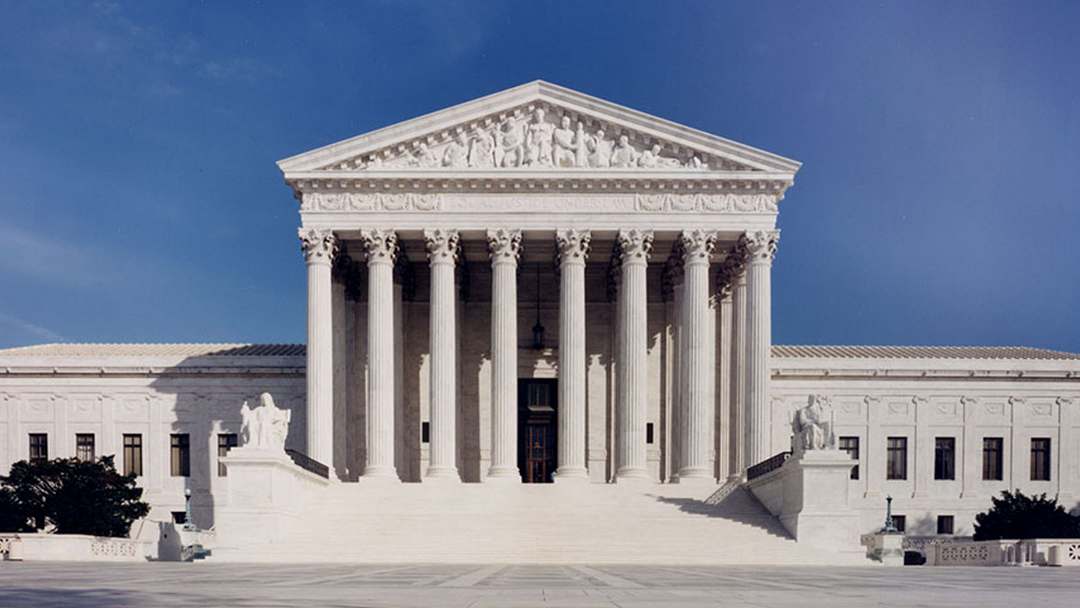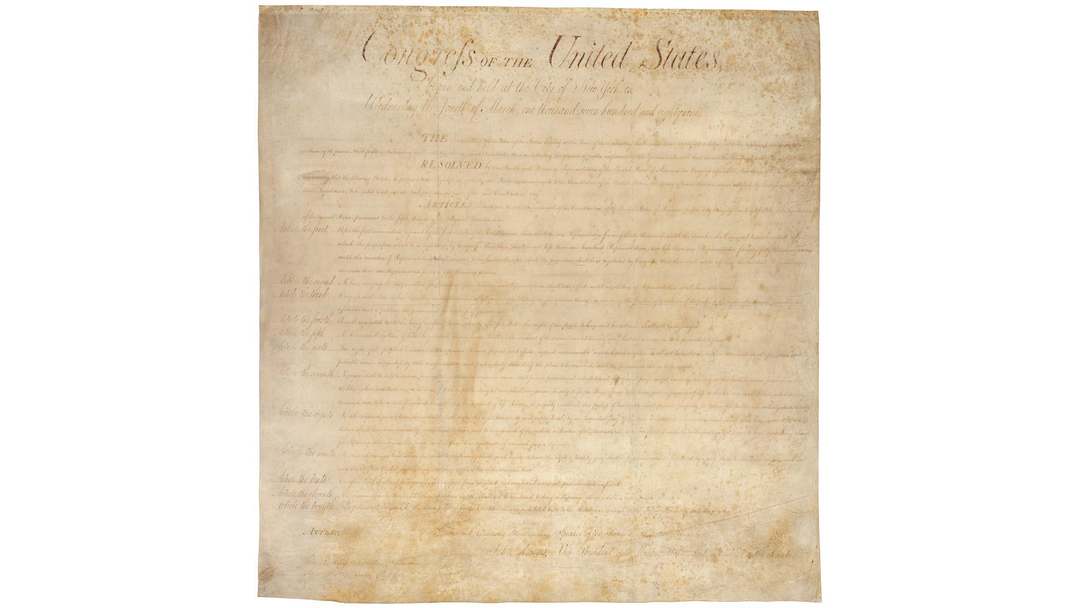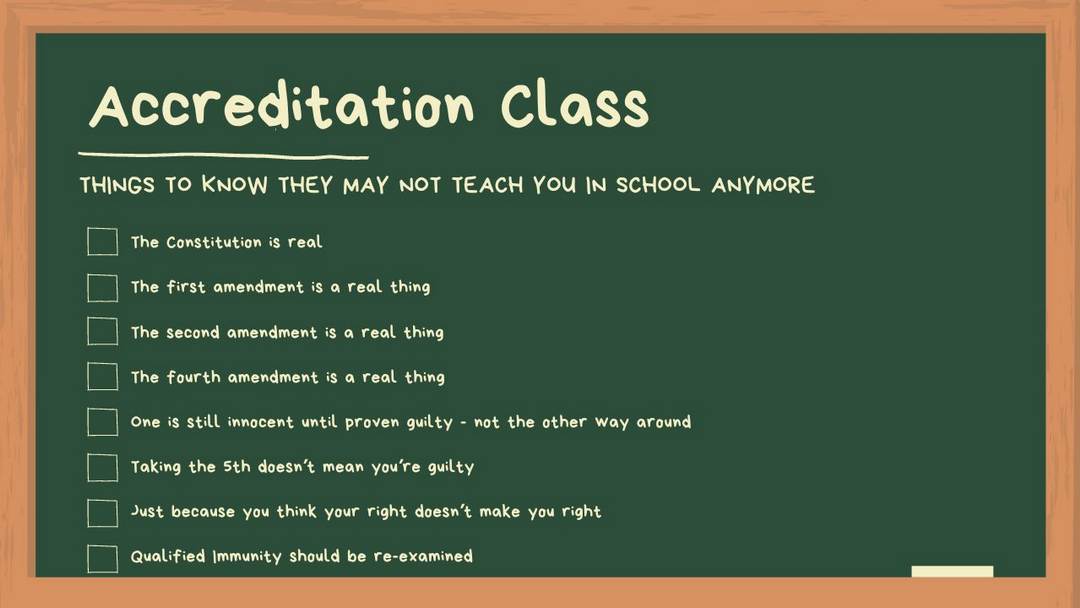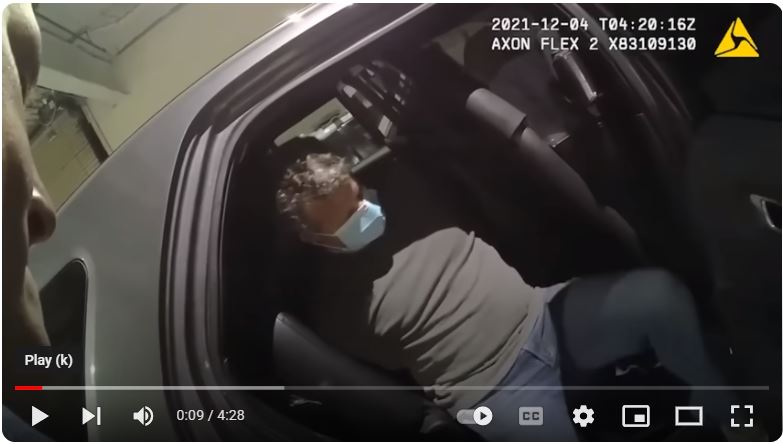Michigan’s Rules of Evidence, established by the Supreme Court, dictate how evidence is presented and admitted in court proceedings. Rules 1001 through 1008, focusing on how written words, recordings, and photographs are treated as evidence.
Rule 1001: Defining the Terms
Before diving into details, Rule 1001 lays the groundwork by defining key terms:
- Writing: Any combination of letters, words, numbers, or their equivalent, regardless of format (handwritten, digital, etc.).
- Recording: Similar to writing, but encompassing sounds captured in any form (audio tapes, digital recordings, etc.).
- Photograph: An image or its equivalent stored in any format (printed photographs, digital files, etc.).
- Original: The primary version of a writing, recording, or photograph, or an authorized duplicate intended to have the same effect. For electronic information, a printout or other readable output that accurately reflects the data constitutes an original.
Rule 1002: The Quest for the Original
Generally, Rule 1002 emphasizes using the original document, recording, or photograph as evidence. This ensures authenticity and accuracy. However, exceptions exist:
- Duplicates: If the original is unavailable or difficult to produce, a duplicate (exact copy) certified by the custodian of the original is admissible.
- Voluminous Materials: For extensive records like business ledgers, summaries or compilations prepared by a qualified witness using the original are acceptable.
- Lost or Destroyed Originals: Proof of loss or destruction, coupled with secondary evidence like copies or witness testimony, might allow entry of non-originals.
Rule 1003: Duplicates Step Up in Absence of Originals
When the original is unavailable and exceptions in Rule 1002 don’t apply, certified duplicates take center stage under Rule 1003. However, the opposing party has the right to challenge the authenticity of the duplicate.
Have your rights been violated?
Have your driving priviledges been revoked?
Has your professional license been suspended?
Second Amendment rights taken away?
Have you been charged with a crime?
Call our office to see if we can help
Komorn Law 248-357-2550
Rule 1004: When Copies Don’t Cut It
If neither the original nor a certified duplicate are available, Rule 1004 allows “other evidence of contents.” This could include oral testimony about the contents, copies not certified by the custodian, or even handwritten notes summarizing the original. However, such evidence faces a higher bar for admissibility due to concerns about accuracy and trustworthiness.
Rule 1005: Public Documents Take a Shortcut
For publicly available documents like government records, certified copies readily obtainable from the custodian bypass the original requirement under Rule 1005.
Rule 1006: Summaries of voluminous records get a green light
Rule 1006 reiterates the allowance for summaries of voluminous records if the original would be cumbersome to present. Here, the summary must be prepared by a qualified witness accurately reflecting the original’s substance.
Rule 1007: Parties Can Speak for Their Words
Rule 1007 empowers parties in a case to testify about the contents of their own writings, recordings, or photographs. This helps clarify ambiguities or resolve questions about intent.
Rule 1008: Judge and Jury Take Their Roles
Finally, Rule 1008 clarifies how judges and juries handle certain issues:
- The judge decides whether certain conditions are met for admitting evidence of contents under these rules.
- The jury decides if the writing ever existed, if a presented document is the original, or if secondary evidence accurately reflects the content.
These eight rules form the foundation for handling written, recorded, and photographic evidence in Michigan courts. Remember, this is just a summary; actual legal proceedings should involve consulting legal professionals for accurate interpretation and application of these rules.

Important:
This article provides a simplified overview of the Michigan Rules of Evidence for informational purposes only. It should not be interpreted as legal advice. When facing legal matters, always consult with a qualified attorney for professional guidance.
The Michigan Rules of Evidence are subject to change over time. Always consult the latest official version for accurate information.
Here is the link to the Michigan Rules of Evidence Handbook. Check the footer for the latest update.
Here is the link to proposed changes Michigan Court Website
Related Articles (see more posts after)
No Results Found
The page you requested could not be found. Try refining your search, or use the navigation above to locate the post.
More Posts

Legal Consequences of Rescheduling Marijuana – 2024
Legal Consequences of Rescheduling Marijuana Jan 2024 a report from the Congressional Research Service.

Scientists Discover The Reason Cannabis Causes The Munchies
For the first time, scientists have uncovered the precise neurological impacts of cannabis use that give rise to the phenomenon famously referred to as the "munchies," as revealed by an innovative study backed by federal funds. Researchers at Washington State...

Maker of CBD products asks court to decide
The Petitions of the Week column highlights a selection of cert petitions recently filed in the Supreme Court. A list of all petitions we’re watching is available here. Organized crime, from the mafia to small-time money laundering schemes, often evades criminal...

Transcription of the 1789 Joint Resolution of Congress Proposing 12 Amendments to the U.S. Constitution
This information was taken from archives.gov. One should assume it is factual... but assuming information is a fact is a perilous assumption. Here is what you paid for... Transcription of the 1789 Joint Resolution of Congress Proposing 12 Amendments to the U.S....

New laws for 2024 – Buckle Up
States nationwide will welcome the upcoming year with the implementation of laws tackling crucial matters such as gun violence, book bans, and the introduction of gender-neutral toy sections. These legislative advancements are set to take effect throughout 2024,...

Biden Issues More Cannabis Pardons but…
Joe Biden has extended pardons for individuals charged with simple cannabis possession and use, yet disappointingly, he has refrained from granting clemency to those currently incarcerated for cannabis-related offenses.In an extension of the previous year's extensive...

Working With and Not Against, IRS Revenue Code 280E
Cannabis operators face IRS Revenue Code 280E restrictions, but smart tax planning and strategies allow entrepreneurs to mitigate its impact on their business.Komorn Law is Michigan's top cannabis law firms when it comes to licensing, consulting and legal defense....

Department of Attorney General Prepares for MLEAC Accreditation
LANSING – The Michigan Department of Attorney General (DAG) recently welcomed a team of assessors from the Michigan Law Enforcement Accreditation Commission (MLEAC). The assessors came to examine all aspects of the Department’s compliance with the MLEAC standards in...

Oklahoma’s wild marijuana market is about to shrivel
The world's weed market, once booming with nearly 14,000 licensed medical marijuana businesses at its peak, has experienced a steady decline since Oklahoma voters overwhelmingly rejected a recreational legalization referendum in March. Heightened enforcement by state...

400K settlement after being arrested for a DUI, even though he passed breath and blood tests
A Colorado man is poised to receive a $400,000 settlement from city authorities after being wrongfully arrested for a DUI, even though he had passed both a breath and blood test.According to the complaint, Elias was driving southbound on College Avenue in Fort Collins...








